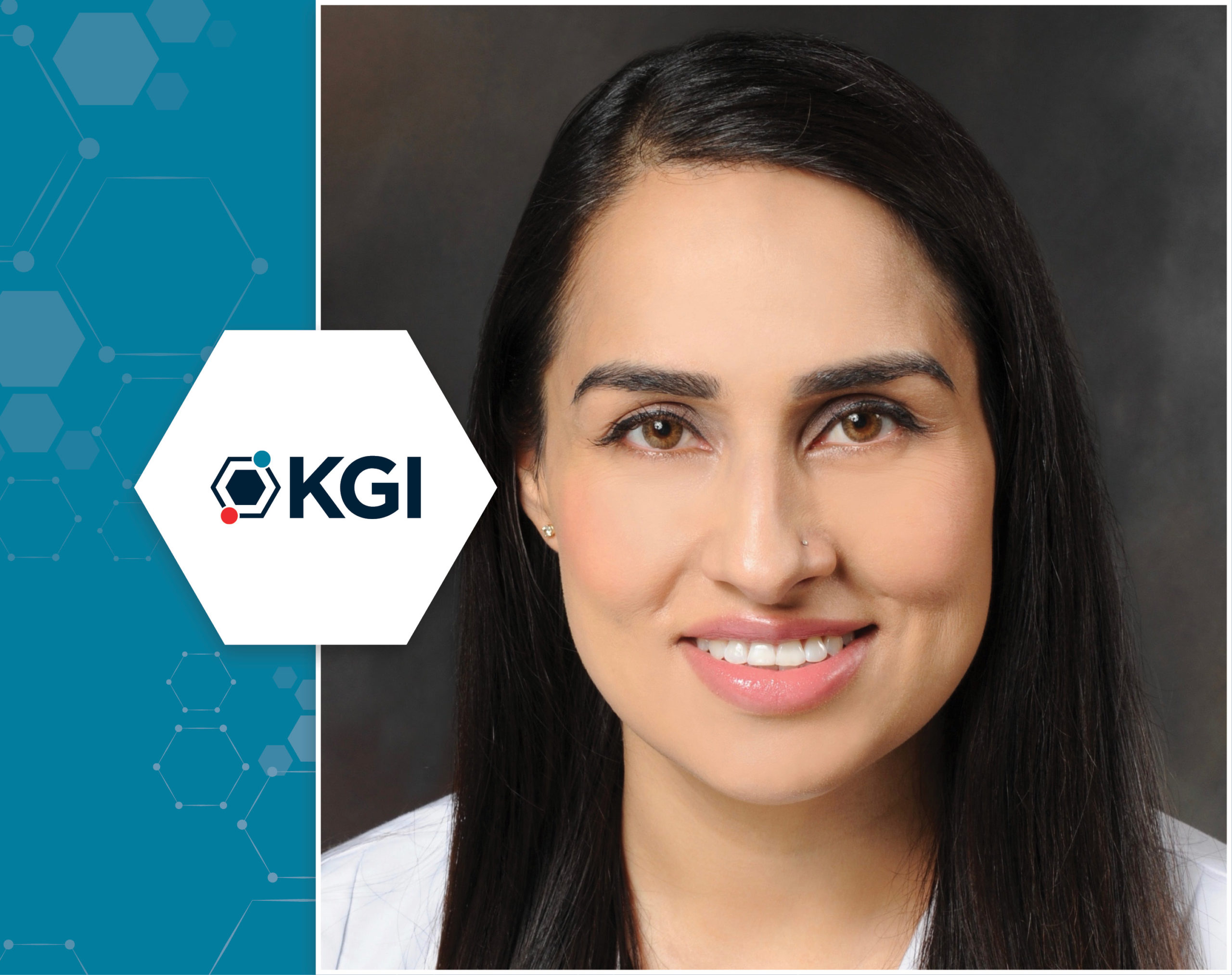Being discharged from the hospital after a serious illness or injury can be a stressful experience for patients, especially if they have multiple chronic conditions with a lengthy home medication list to keep track of. Sukhjit (Esha) Kaur, a 2018 Keck Graduate Institute (KGI) Doctor of Pharmacy alumna who now oversees the Medication Reconciliation and Transitions of Care programs at Pomona Valley Hospital Medical Center (PVHMC), helps make this transition easier.
"When patients are going home, they’re under stress and may not have a true understanding of their disease state or their medication routines," Kaur said. "We provide supplementation through education and post-discharge calls."
PVHMC began the Medication Reconciliation program in response to SB 1254, a new Senate bill allowing pharmacy personnel to collect medication history for high-risk patients. The duties that pertain to this program include standardizing the medication reconciliation process and managing and training technicians who gather these medication histories.
The Transitions of Care program was developed to expand patient care and reduce medication errors and readmission. Kaur's responsibilities for this program include, in addition to those listed above, keeping up with patients who have been discharged and coordinating with physicians to ensure that patients are supported after returning home.
Kaur was initially a pre-law major, receiving a BA in Communications from the University of the Pacific, but then changed course, receiving a BS in Biology from CSU Stanislaus before applying to KGI's School of Pharmacy and Health Sciences.
"My grandfather was always sick and in and out of the hospital," Kaur said. "I was the only person who could provide him care due to language barriers, and there was nobody in my family who could really advocate for him."
"Patient advocacy is really important to me and one of the main reasons I decided to pursue a career in pharmacy."
When Kaur was looking at pharmacy schools, what stood out to her about KGI was its student-centered approach.
"The institution was really focused on students' well-being and growth," Kaur said. "They asked us, 'What can we do for you?' instead of, 'What can the students do for us?' This is what enticed me, along with the professors and Founding Dean Kathy Webster, who had a beautiful vision of where she was going to take the school."
Though there were some challenges that came with being in the PharmD program's inaugural class as they worked to solidify their curriculum and define their reputation among more established schools, it was exciting for Kaur to see these changes develop. She particularly appreciated how professors used the Myers-Briggs personality test to pair students with different personality types and thought processes into groups.
"Building that rapport and connection on a daily basis was really important," Kaur said.
She cites former professor David Ha as a great mentor in guiding her through the residency process, along with former employee Kristen Felthousen, who helped lead the way in establishing KGI's Peer Mentor program. During rotations, Kim Schwab, who also guided her through the residency process, gave her the opportunity to perform research regarding anticoagulation in atrial fibrillation patients, which was eventually published in the American Journal of Emergency Medicine.
Overall, her KGI experience has been highly influential in shaping her trajectory. She even met her future husband there.
"When I initially started at KGI, I had been a technician at CVS and thought I would go the outpatient route, but my experience at KGI inspired me to pursue a more clinical route," Kaur said.
After her KGI experience, Kaur went on to complete a PGY-1 General Residency with an Emphasis in Transitions of Care at Sharp Healthcare/Touro University in San Diego.
Now she stays busy at PVHMC, a 412-bed hospital where she is the sole person in charge of both the Medication Reconciliation and Transitions of Care programs. In the future, they hope to expand the Transitions of Care program by opening an outpatient retail pharmacy on site and offering Meds-to-Beds, a free service that offers education about medication and delivers prescriptions and over-the-counter medications at bedside to patients before they leave the hospital.
"Transitional care is a very important aspect of a hospital setting, and I hope to continue expanding our program here at PVHMC," Kaur said.
